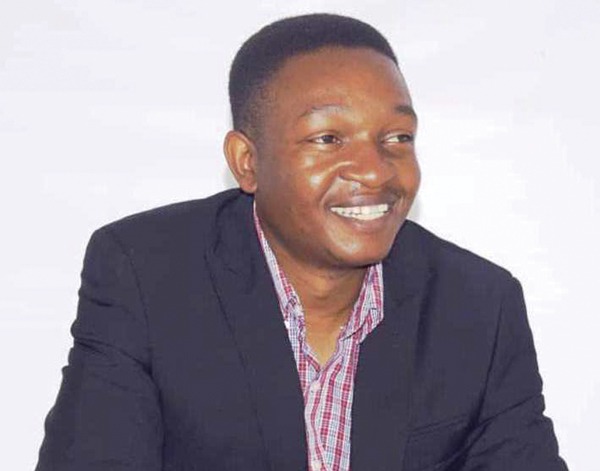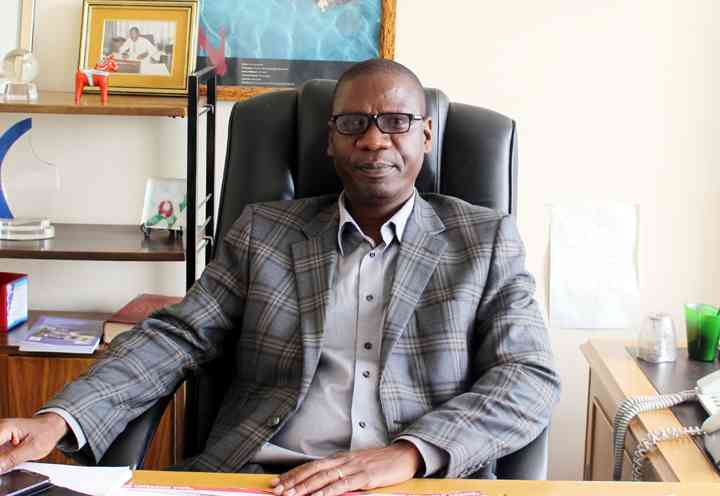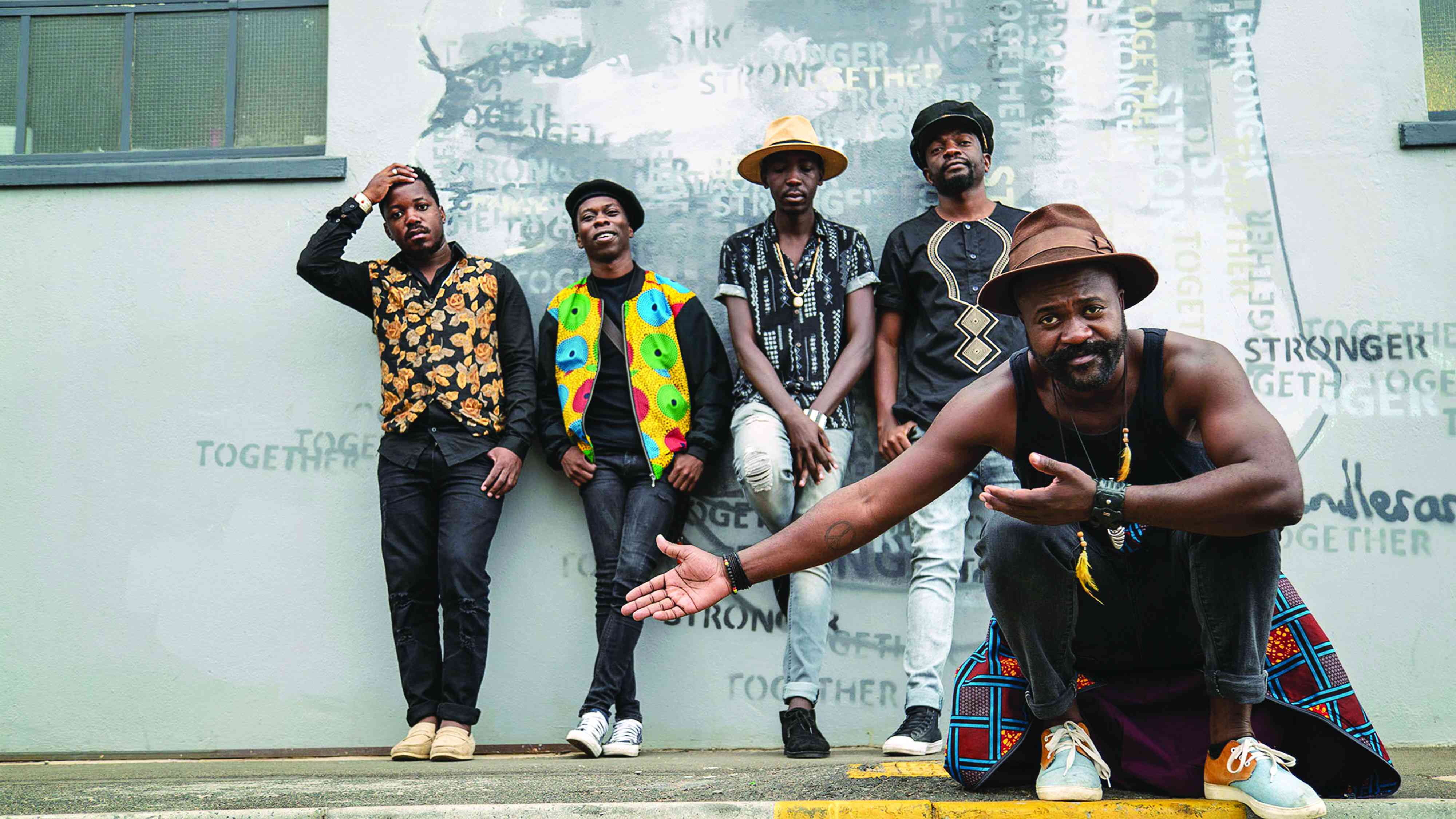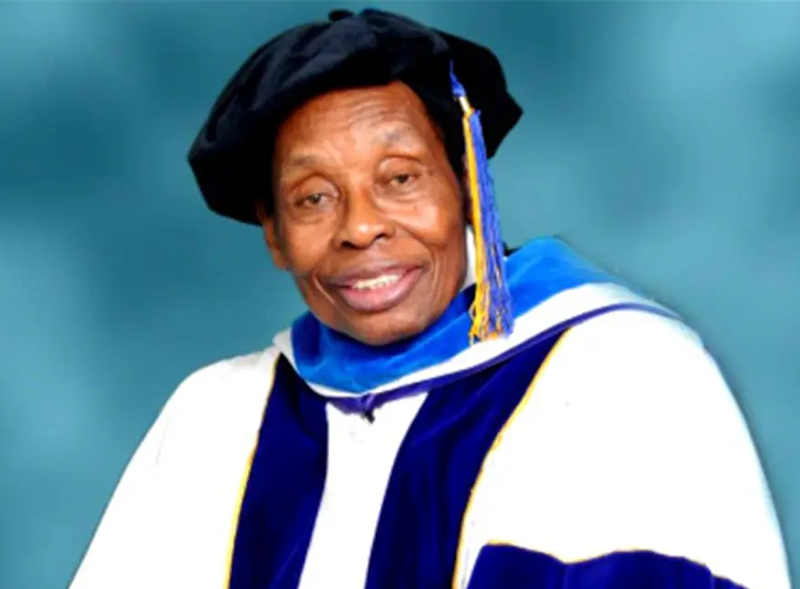
BY ELINERA MANYONGA
AWARD-WINNING author Phillip Chidavaenzi never seems to run out of ink to give colourful characters enthralling storylines. His latest offering, Chasing the Wind, echoes how people often lose purpose in life by going after fireflies — things that look intriguing at face value, yet they are vain.
The title is a biblical allusion extracted from Ecclesiastes 1:14, “I have seen all the things that are done under the sun; all of them are meaningless, a chasing after the wind.”
Chasing the wind is a metaphor for pursuing futility. Reading Chasing the Wind, an average mind would conclude that it’s one of those Christian fables meant to convert people to Christianity. But there is more to the book and it’s certainly not for monolithic thinkers.
The book vividly explores contemporary Zimbabwe through themes like prostitution, religion, atheism, gender-based violence, sexual abuse (rape), forgiveness, betrayal, bitterness, brokenness, sisterhood, corruption, love and lust.
The book is centred on Bianca, who is raped by her father at the age of 13 and turns to Christianity for soothing with the help of her father’s sister, Tete Mandisa. Haunted by her childhood ordeal, Bianca, a devout Christian, “unexpectedly” marries Terrence, a self-proclaimed atheist.
She, however, keeps her secret and only discloses it to Terrence when he is susceptible and pleading for forgiveness after his serial cheating ways. Terrence cheats with a business associate, Darlene, and his secretary Sharon.
No doubt Chidavaenzi has mastered the art of suspense, and with the story unfolding, readers get to wonder about the source of Bianca’s bitterness towards her father, Rodgers, and it leaves one drooling throughout the pages.
- Chamisa under fire over US$120K donation
- Mavhunga puts DeMbare into Chibuku quarterfinals
- Pension funds bet on Cabora Bassa oilfields
- Councils defy govt fire tender directive
Keep Reading
The ordeal Bianca faces at the hands of her father simply mirrors the brokenness of today’s society as fathers abusing their own daughters seems like the “new normal” and this has resulted in family disintegration, with fathers getting arrested and daughters being traumatised for life.
Rodgers, a symbol of patriarchy, has problems with his wife, Rebecca, giving birth to a daughter (Bianca) and not a son. And this results in him physically abusing his wife, who could not give him another child due to medical reasons. The duo divorces and later, Rebecca dies after being beaten by Rodgers who failed to accept that the once submissive wife had left him. However, Rodgers, like a cat with nine lives, escapes jail time because being a Member of Parliament and a man of authority worked to his advantage.
Rodgers is later arrested for raping his daughter and sentenced to 16 years in prison, but only serves 10 as he is released through a presidential amnesty. He is truly apologetic for his transgressions, but Bianca remains unforgiving. Although Tete Mandisa had long forgiven her brother, she does not pressure Bianca to do the same.
In the midst of all this, Bianca, like a phoenix, rises and shines as a law student at the University of Zimbabwe and starts working as a prosecutor at the Harare Magistrates Court.
An atheist, Terrence lives by the principles from the book, God Delusion, by Richards Dawkins. He is blemished by his past as he lost his parents who were pastors. The church then sends Terrence and his sister to an orphanage. He has so much toxicity bottled up since he had lived a life of begging and had vowed never to do so again in his life.
“He hated to beg. He had done enough begging in his childhood to last him a lifetime and he would not do it again and not for a woman. Terrence was powerful enough to get whatever he wanted.” [p5]
It is with such an attitude that we see Terrence’s entanglement with Sharon, his secretary, as he bragged about it being her only way of securing employment after facing possible retrenchment. This is nothing new at the workplace as thousands of female subordinates find themselves in the same predicament.
Terrence, a brilliant businessman and opportunist, thrives on the deficiency of government policies like the indigenisation law, which saw many individuals seizing corporates and leveraging on its weaknesses resulting in investor flight. Terrence even brags: “Yes, with this new indigenisation law, the white supremacist tendencies must fall… I won’t. But I’m just happy that we now have the indigenisation law that’s going to work to my advantage.”
My favourite character Nancy, Bianca’s friend, a law student and roommate at the university, depicts the reality of most female university students who turn to “blessers” and prostitution for upkeep and school fees. Yes, it’s morally questionable, but it’s just a manifestation of decades of government failure to avail study grants to students.
Nancy, a Christian who lost faith when her father died and saw her mother struggling to make ends meet, decides that she would finish her programme at the university and graduate by any means possible. She then meets “Bathsheba”, her former schoolmate who familiarises her with the night life of the Avenues.
The night life was very difficult as she would later be raped by some clients and get “arrested” by police officers who were carrying out an Operation Zvibayamahure meant to clean up the streets of prostitutes.
However, she would exchange her freedom with sex. “Bathsheba had said they were called sex-for-freedom deals, which, to the police officers patrolling the streets, were just part of the spoils from their street wars with sex workers.” [p93]
Nancy’s life resonates with the self-proclaimed female “King” of hip-hop and wordsmith BlacPerl’s song Dai Maiziva, in which she bemoans how society ignores the socio-economic influences that drive young women into prostitution.
Nancy later forsakes prostitution soon after the brutal murder of Bathsheba by one of her clients. A few weeks later she gets a job at Chipato Law Chambers where she then meets Benson who is a devout widowed Christian with two daughters, who later marries her.
Chidavaenzi connects the relationship of these two with the perfect Biblical allusion; that of prophet Hosea who was told by God to marry Gomer, a prostitute. Nancy is honest with Benson and narrates her ordeal soon after his proposal but is taken aback by Benson’s willingness to marry her regardless of her “shameful” past.
Benson is a rare character as he says: “… remember Rehab, Jesus’s great grandmother, she was a woman of easy virtue … everyone deserves a second chance and to be loved.” [p148]
Chasing the Wind ceases to be fictional to me since it’s a mirror reflecting on societal behaviours and it gives the podium for monitoring and evaluation of people’s daily choices. It’s like a contemporary movie that I would recommend as a must read. Chidavaenzi is a publisher, journalist and minister of the gospel.











